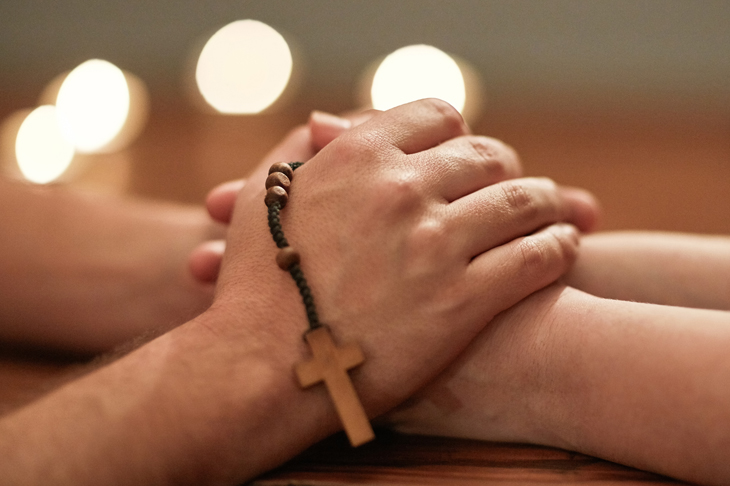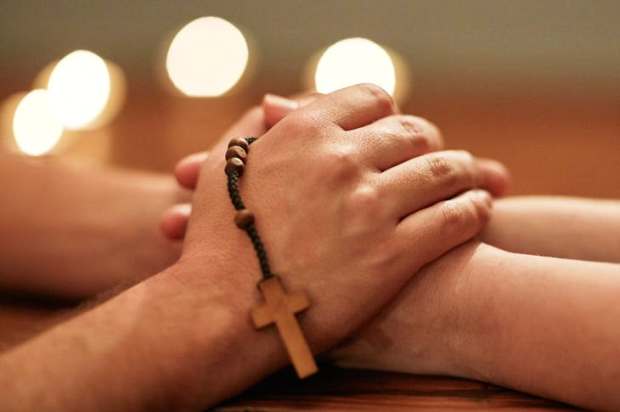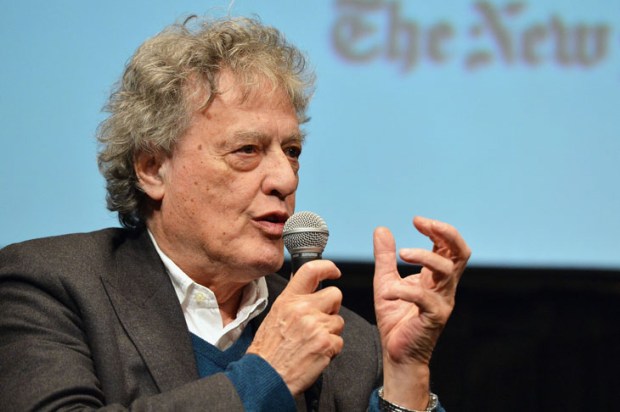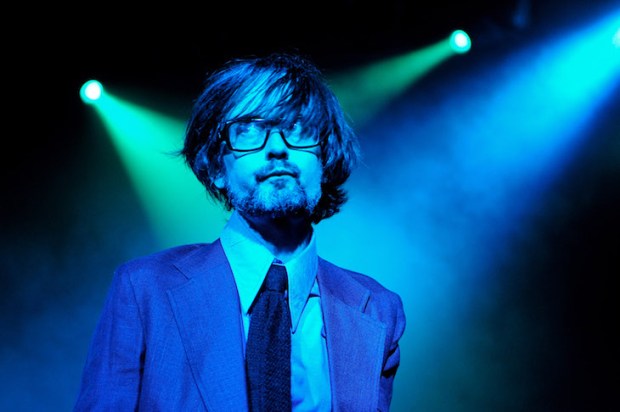Perhaps surprisingly, in these secular times, Radio 4 keeps up its annual (and very Reithian) tradition of holding a series of esoteric talks about faith and belief to mark the Christian season of Lent, those 40 days of preparation and penitence leading up to the events of Holy Week. In the first of this year’s Lent Talks (produced by Christine Morgan), the psychotherapist Anouchka Grose talked about the role of the unconscious in our behaviour and the peculiar tendency of human beings to repeat experiences they claim not to enjoy.
Already a subscriber? Log in
Subscribe for just $2 a week
Try a month of The Spectator Australia absolutely free and without commitment. Not only that but – if you choose to continue – you’ll pay just $2 a week for your first year.
- Unlimited access to spectator.com.au and app
- The weekly edition on the Spectator Australia app
- Spectator podcasts and newsletters
- Full access to spectator.co.uk
Unlock this article
You might disagree with half of it, but you’ll enjoy reading all of it. Try your first month for free, then just $2 a week for the remainder of your first year.













Comments
Don't miss out
Join the conversation with other Spectator Australia readers. Subscribe to leave a comment.
SUBSCRIBEAlready a subscriber? Log in